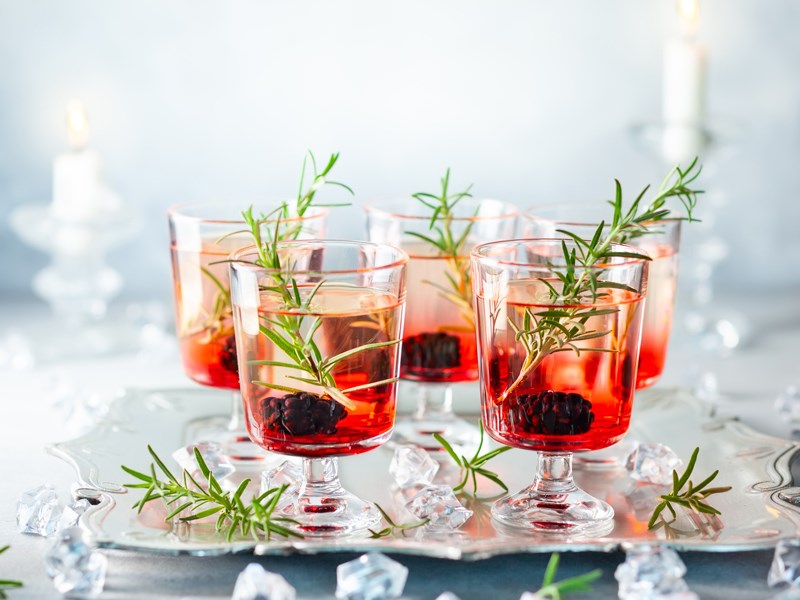Avoiding sugar at this time of year is not just a matter of turning away the sweets and baked goods that are constantly on offer.
Mary Jung, an associate professor at the UBC Okanagan School of Health and Exercise Science said many people do not realize how much sugar they consume in drinks.
"The truth is our beverages, whether they're cocktails, mocktails or bubbly, contain a large amount of sugar," Jung said in a UBC press release. "Combined with the alcohol, this could lead to a nasty morning after for some and a crisis for those with health issues, such as diabetes."
But there are many ways people avoiding sugar can navigate the holidays, she said. For example, wine drinkers should aim for dryer vintages and red wine tends to have less sugar than white while fortified or ice wine will have higher sugar content.
"Watch the pours," Jung added. "Wine glasses are purposefully large to encourage swirling, not necessarily to fill to the brim. The caloric estimates of one glass of wine are based on five-ounce glass."
For those who prefer cocktails, Jung suggests sugar-free soda or cranberry juice. Carbonated water with a squirt of lemon or lime is also good, she added.
Beer drinkers may have the hardest time, Jung said, because they are getting calories from alcohol and carbohydrates. She said brew lovers should consider low-carb or light beer instead.
But perhaps the most important thing a person can do to avoid increased sugar is monitor their diets and track what they are consuming. The daily recommended intake for sugar is 25 grams for women and 36 grams for men, which Jung said can add up quickly.
"Monitor, monitor, monitor," she said. "This is especially important when pouring wine or liquor. Track by the ounce, not by the glass."



